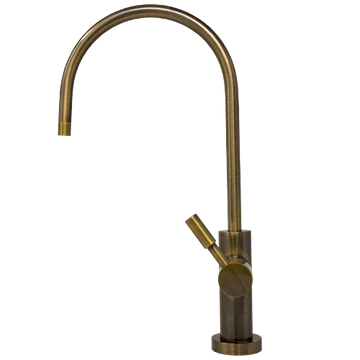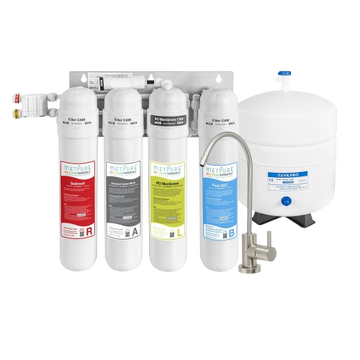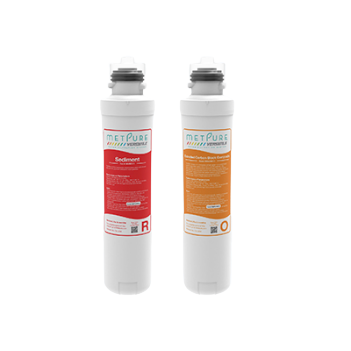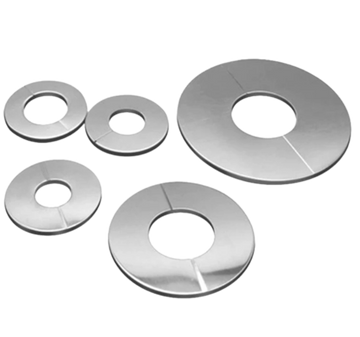Natural water filters offer an eco-friendly approach to filtering and purifying water. They use readily available materials and processes, reducing reliance on chemical treatments and machinery.
While boiling and iodine tablets can remove certain bacteria, they don't kill viruses or common disease-causing parasites like Giardia or Cryptosporidium. These methods also don't filter out physical debris or contaminants.
1. Fruit Peels
One of the simplest methods for purifying drinking water naturally involves using clean fabric like muslin or paper coffee filters and pouring your water through them into a clear bottle. This will remove any visible particles and also prevent any chemicals or microorganisms from entering your drink, such as chlorine.
This method is easy to do at home and can help reduce your plastic waste as well. It can also be used for drinking water in remote locations where there is limited access to manufactured filtration systems.
Dickinson College chemistry professor Cindy Samet and her team experimented with produce items like pumpkin, okra, lemon peels, and bananas to see how they might be able to filter water naturally. Their experiments confirmed that these food scraps work through a process of adsorption to remove harmful pollutants from water. For example, they found that dry banana and orange peel powders can effectively remove anionic dyes with high efficiency at pH 2.0.
2. Activated Charcoal
Activated charcoal is found in a lot of home remedies, but it can also filter water to make it safe to drink. It works by adsorbing chemicals and germs from water. It’s a bit like a sponge, with lots of little holes that can soak up substances. Its fractal shape and crumbly structure give each charcoal particle a huge surface area, meaning it can trap a lot of impurities at once.
This is why people who have overdosed on oleander seeds (which contain cardiac glycosides) are sometimes given water mixed with activated charcoal. It prevents the toxins from being absorbed by the stomach and helps to clear them out of the system quickly.
To use it to filter your own water, place a handful of powdered charcoal into a clean glass container of drinking water. Cover it and leave it to soak for a few hours, overnight is better. After a while, test the water. The color of the water should turn slightly darker, but the taste should still be fine.
3. Sand
Sand is a type of filtering material commonly used in water purification. This is mainly because of its low cost and high efficiency. However, it can be prone to problems such as clogging, especially when the sand is not sieved properly. In addition, the climate and temperature of the area where it is used can also impact its effectiveness.
A sand sample is usually described in terms of its composition, color, size, morphology (angularity and shape) and uniformity coefficient. It can also contain traces of minerals like zircon, tourmaline and rutile.
For a sand filter, it is important that the particle size is uniform. This is because a uniform size will ensure that impurities are trapped effectively. The sand should also be relatively hard, as this will increase its durability and resistance to erosion. It is also good that it has a low iron content, as higher iron levels may stain glass and cause magnetic properties.
4. Water Plants
As water percolates through soil, plants physically strain large debris and certain bacteria from it. They also break down chemicals and contaminants in the process, and they can help reestablish an aquifer's natural quality, according to the U.S. Environmental Protection Agency.
You can use your own backyard to create a simple natural filter. Find six plants with moderately dry soil (they don't need to be perfectly clean). Then, fill a container with water and place each plant in it. Pour the water through each plant at the same rate. Watch to see how the color changes.
You can boil the water to further purify it. Boil it for between three and six minutes, depending on your altitude. This will remove any chlorine, which can be harmful for foliage plants. Then you can drink the water, and it will be safe for your plants as well. Alternatively, you can buy manufactured filters from Metpure.














